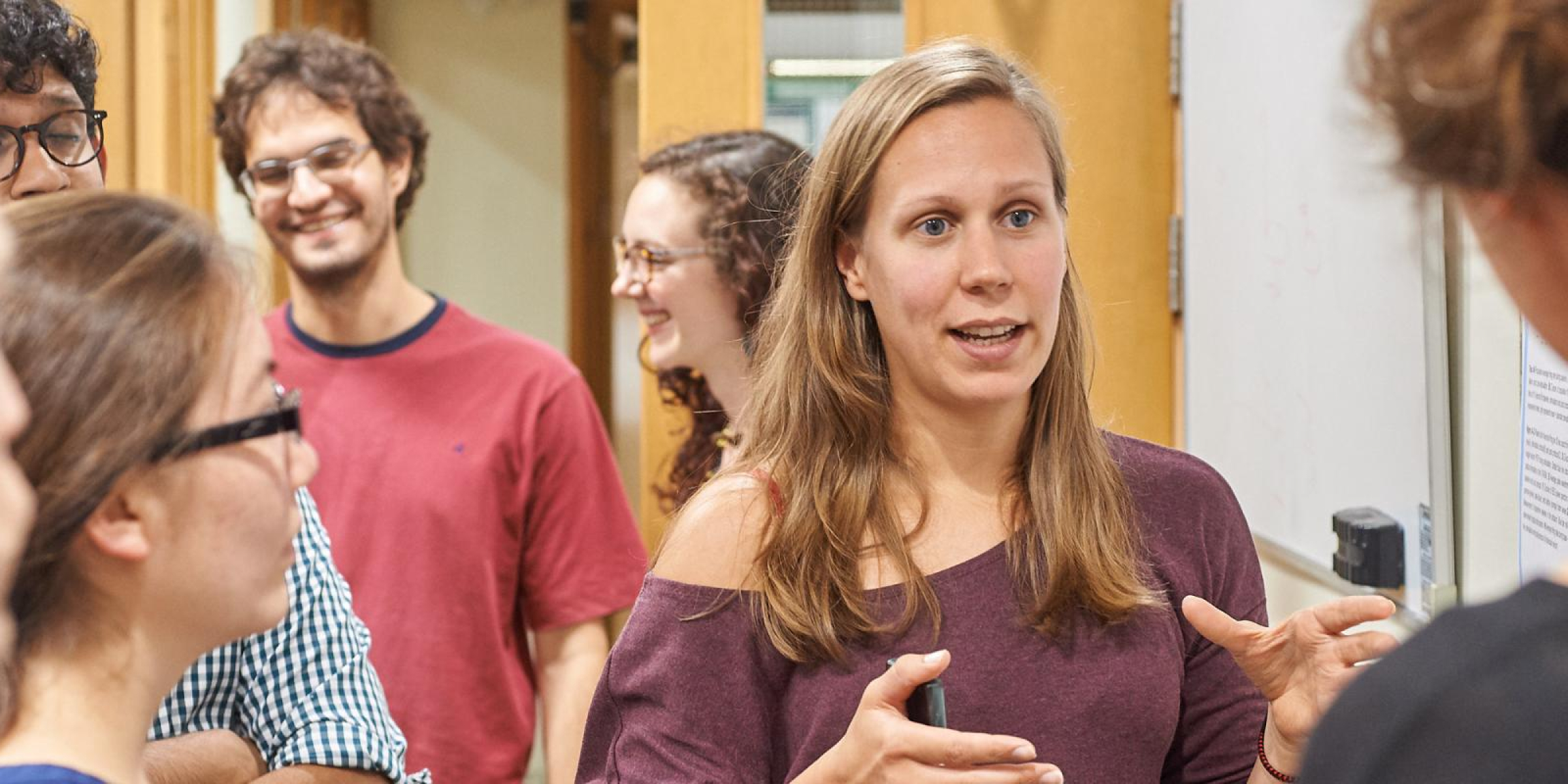Introduction to our PhD Programme
Our PhD studentship programme at the MRC CoRE in Restorative Neural Dynamics is designed to develop and empower the interdisciplinary workforce and leaders of the future.
We typically offer PhD studentships with research projects related to empirical neuroscience, computational neuroscience, experimental medicine, and/or biomedical engineering. Studentship research projects are aligned to the MRC CoRE’s challenge.
Our research environment emphasises the benefits of interdisciplinarity and team science, providing ample opportunities for our PhD students to exchange skills, knowledge and ideas with other MRC CoRE members.
Our PhD students benefit from the extensive skills training and personalised career development opportunities available within the MRC CoRE. Students receive specialised training in concepts and techniques supporting their research project as well as, for example, training in the translation and commercialisation of research, best practice in Open Science, and how to effectively involve and engage patients and the public with research.
Our PhD students are supervised by one or more members of the MRC CoRE Leadership Team . Our students are based at one of our partner universities but are given opportunities to carry out their research projects across multiple sites of the MRC CoRE. We also support our PhD students to undertake research placements with our industry partners as well as secondments/internships with other organisations that foster the student’s career goals and interests.
We are an inclusive and equitable community, welcoming students with diverse educational backgrounds from around the world.
